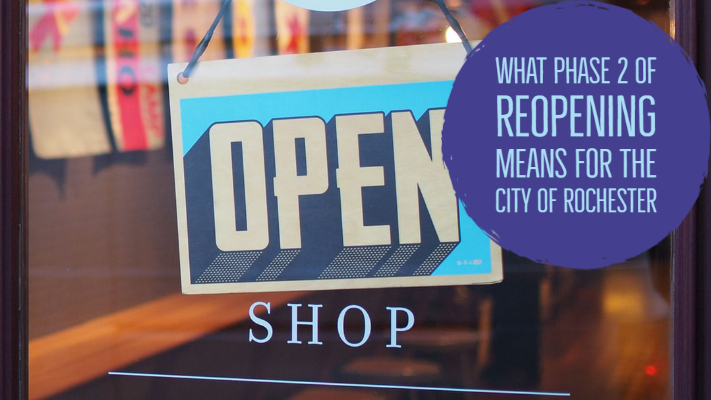
New ride-sharing apps like Uber and Lyft have been battling state and municipal governments all over the county, and this week Lyft lost a round with the New York Attorney General.
In April 2014, Lyft Inc. began rolling out services in Buffalo and Rochester, but New York Attorney General Eric Schneiderman filed a lawsuit against the startup that same year. They ceased operations in August.
In the lawsuit, Schneiderman claimed the company never sought approval from those cities to begin transportation services. Now, in a settlement with government regulators, Lyft has agreed to pay a $300,000 fine.
The attorney general and New York State Department of Financial Services argue that Lyft never had the permits and formal approval required to operate in those cities, and that therefore its services in Rochester and Buffalo were illegal.
“Today’s agreement enables Lyft to grow and prosper within the bounds of state and local regulations, while the penalties imposed send the message that companies that attempt to skirt the law will be held accountable,” Schneiderman said.
Ride-sharing apps like Lyft and Uber have proven popular across the country because they allow riders to hail and pay for cabs using only their smartphones. The apps have quickly disrupted the transportation industry in many major U.S. cities, in part because of a growing market for mobile apps. By 2016, experts say worldwide mobile ad revenue will more than triple in size. But as apps like Lyft and Uber become more widespread, they’ve also attracted the attention of regulators.
Lyft did gain formal approval to begin operations in New York City, where its drivers received commercial licenses from the Taxi and Limousine Commission. In addition to the financial penalty, the company must also agree to a new consent order in New York State. From now on, Lyft drivers will be required to procure auto insurance through authorized New York insurers, rather than through the company’s corporate policy.
The fine is one of the largest penalties ever levied against a ride-sharing company nationwide.






No Comment